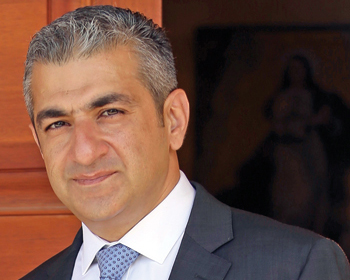
 The Red Sea ... holding much promise
The Red Sea ... holding much promise
THE fast tracking of Saudi Arabia’s first major offshore natural gas fields in the Red Sea heralds the start of a massive new energy programme for the kingdom, which will ultimately create new commercial opportunities for service companies with deep-water experience.
State oil company Saudi Aramco has announced $25 billion of capital expenditure to develop oil and gas reserves lying in deep water in the Red Sea, following the discovery of the Ahmar-1 field of non-associated gas approximately 24 km north-west of Duba in the Tabuk Province on the west coast of the kingdom.
A major gas processing facility and a large power plant are scheduled for construction in Duba, which will become the apex of a pipeline network to carry gas south to industrial cities along the Red Sea coast.
Deep-water oil and gas production means that companies with extensive operations in Europe’s North Sea and the Gulf of Mexico should be well positioned to secure work when future tenders are released, but establishing the right in-country presence will be key to the process.
Hugh Fraser, managing partner of Andrews Kurth’s Dubai office, says: “The impact of developing oil and gas assets in the Red Sea will be massive if full-scale production goes ahead. Red Sea oil and gas reserves could add 100 billion barrels of oil equivalent (boe) – or 38 per cent – to the 267 billion boe of proven reserves currently declared by Saudi Aramco.
A significant part of the crude oil currently burnt in Saudi Arabia goes to feed power supply and petrochemical industries that could use much cheaper natural gas if available in sustainable quantities, so there is a clear commercial imperative for Saudi Aramco to pursue these deep-water opportunities.”
Since the liberalisation of the foreign investment laws in Saudi Arabia in 2000, the limited liability company (LLC) has become the accepted vehicle for foreign companies wishing to do business in the kingdom where the Saudi Arabian General Investment Authority (Sagia) licenses all foreign investment. Foreign investors may wholly own approved foreign investments or a foreign investor and a Saudi national may jointly own them.
Andrews Kurth has extensive experience working in Saudi Arabia and sees a growing interest in the country from clients with North Sea experience. Kerry Calvert, a senior attorney with Andrews Kurth in Dubai, leads much of this work and has almost 20 years of experience working in various jurisdictions across Europe and the Middle East, primarily in the energy sector. She is currently working on four technology transfer-related joint ventures for the Saudi oil and gas industry.
“The LLC is generally considered the most appropriate corporate form available to foreign companies and is the one that most opt for when seeking to conduct business in Saudi Arabia,” explains Kerry Calvert.
Since 2001, foreign companies who wish to operate in the country without a Saudi partner can open offices and appoint representatives in order to pursue business with various government departments directly.
Although a local partner is no longer mandatory, the Saudi Government strongly favours companies with extensive Saudi participation or investment. Some contracts will require a minimum amount of subcontracting with Saudi companies.
The government may favour companies of which a majority is Saudi-owned and companies which use Saudi-manufactured goods and services.










































































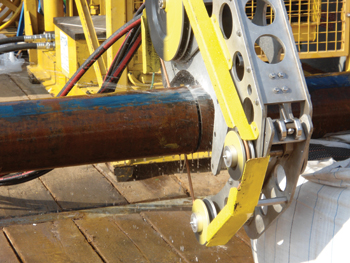


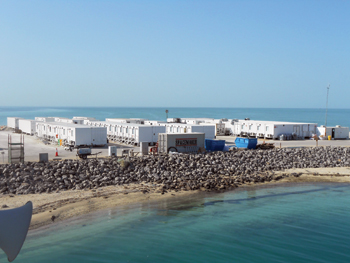
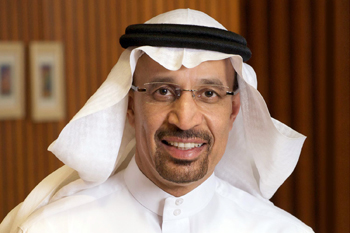

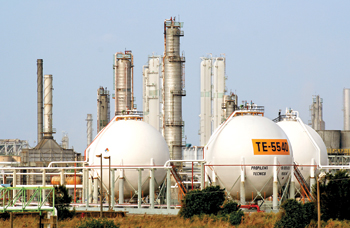
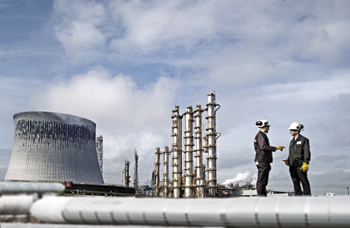
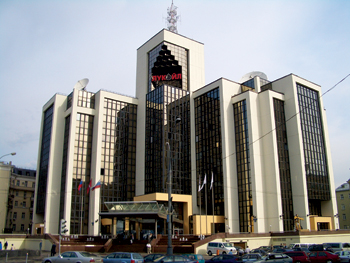
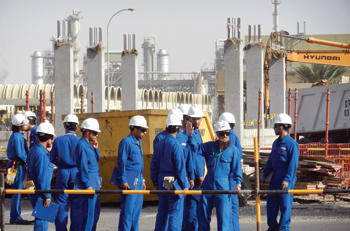


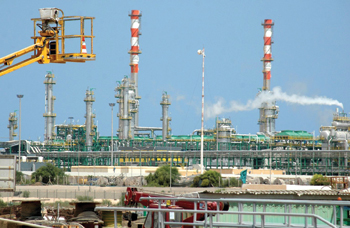


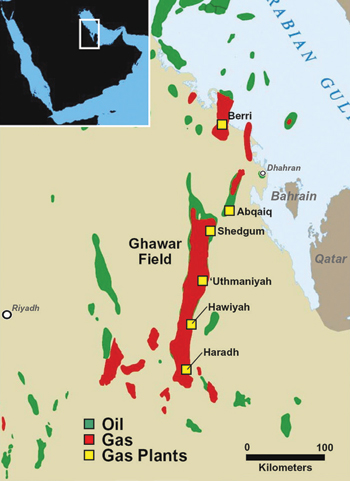
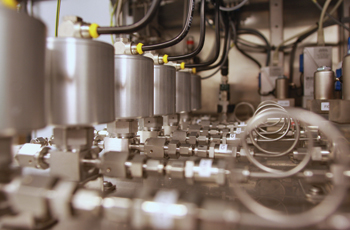


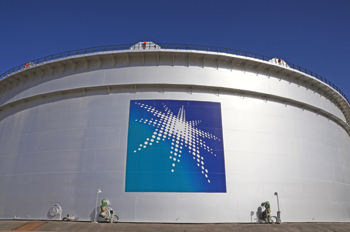
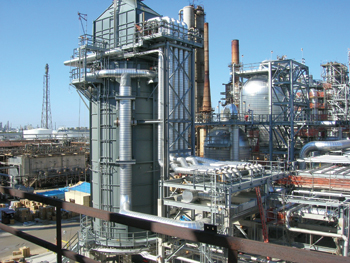
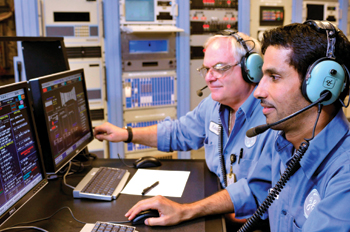
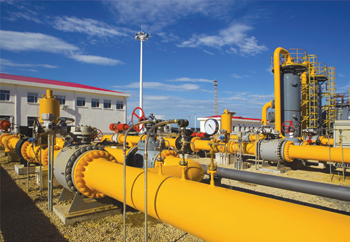

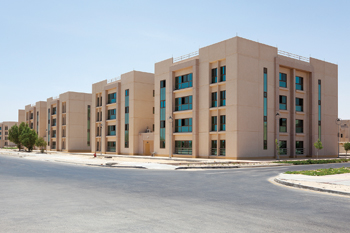
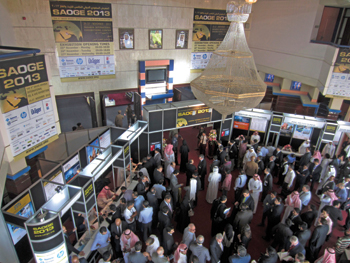

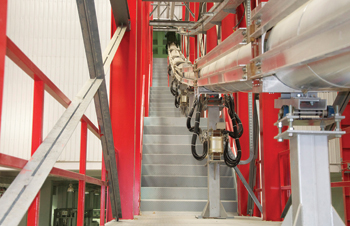
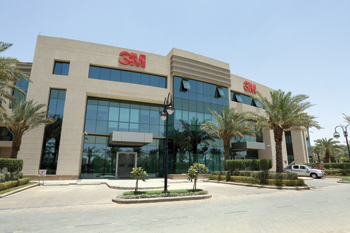

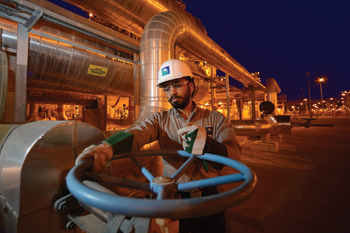
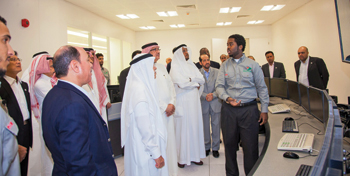
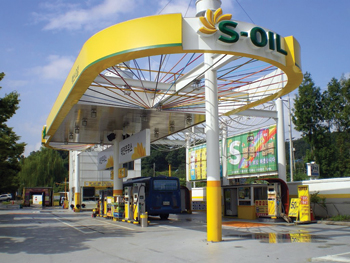
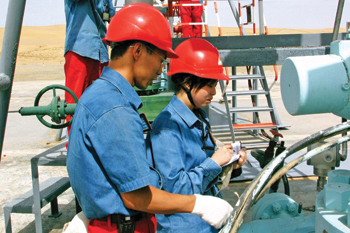



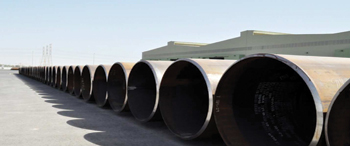
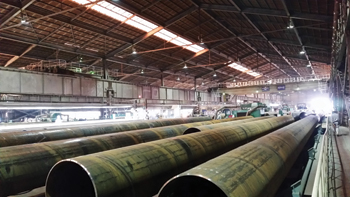

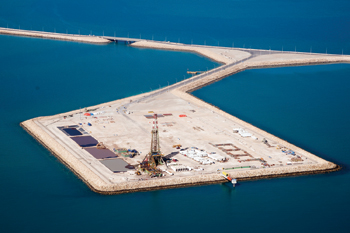
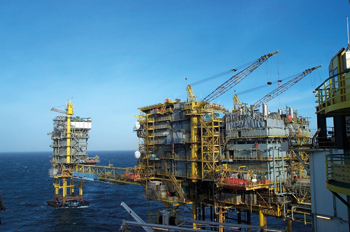

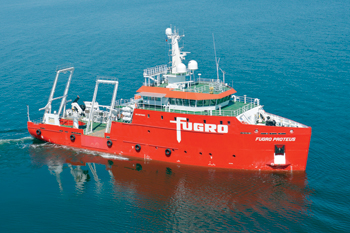
-(3).jpg)
